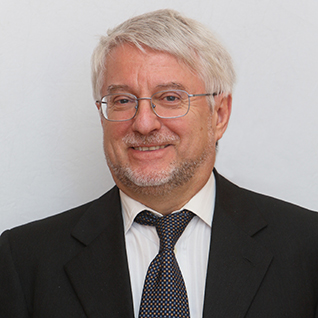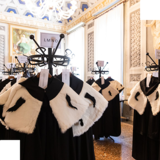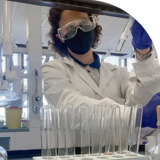The Laboratory of Psychology (1924), the School of Specialization in Occupational Psychology (1955), the Institute of Psychology (1958), the School of Specialization in Psychology (1964), the Department of Psychology (1983), the Degree Programme in Psychology (1993), the High School of Psychology Agostino Gemelli - ASAg (2001), the Doctoral School in Psychology (2004) are the important results of this journey.
The Faculty of Psychology, founded in 1999, today has a leading position in the university world and in the quality evaluation rankings, ranking among the first two hundred faculties of Psychology at an international level (source: QS World University Ranking, 2018) and above the average Italian academic offer at a national level (sources: Nucleo di Valutazione Università Cattolica and Alma Laurea, 2016-2017).
The Faculty, whose historical values live in the present and support the future, offers an education:
- attentive to the person and the contexts of life;
- anchored in the progress of the most qualified and up-to-date scientific research at an international level;
- open to the dialogue with other sciences (biology, philosophy, humanities...);
- pluralist as regards the schools and the theoretical and methodological orientations present in the discipline;
- interested in the applications and the interventions that psychological knowledge can give.
 Dean: Prof. Alessandro Antonietti
Dean: Prof. Alessandro Antonietti




